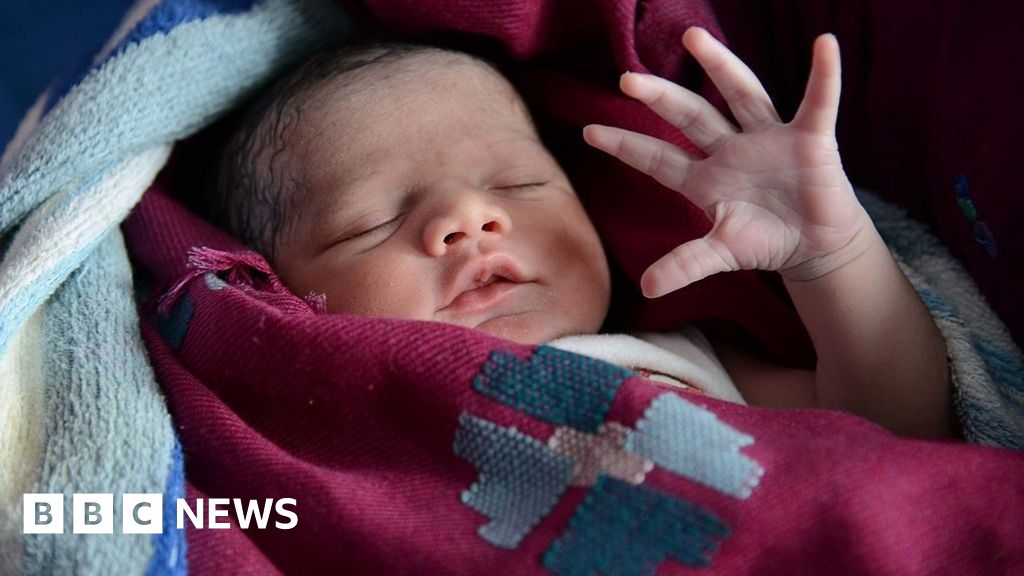Summary
Despite surpassing China as the world’s most populous country, parts of India are encouraging higher birth rates due to concerns over declining fertility and rapid aging.
Southern states like Tamil Nadu and Andhra Pradesh, where fertility rates are below replacement levels, fear losing political representation and federal revenue after upcoming electoral boundary reforms.
India also faces challenges of an aging population with inadequate social infrastructure.
Experts call for policies promoting active aging, extended working years, and better use of India’s demographic dividend to address economic and social pressures.



Even though I agree with your second edit, I have to say that the point you mentioned in the first edit is really a concern. India used to have a freeze on the ‘share’ of the national budget that each state will get. It was based on the population from the 1971 census. Now that has been changed to 2011 census data
Even though on the periphery it may look like this is the right thing to do, the problem is much more complex and nuanced. So there have been a lot of initiatives to control population growth in India, starting from 70s and reaching the peak in 90s. Southern states were more compliant and took good initiative to create awareness and enforce other measures. This is a broad generalisation, based on the south and north dichotomy. In general many Northern states were not very keen on that.
The problem is this resulted in a larger population growth in Northern states compared to southern states. So now when the Central Government wants to change the proportion, southern states find it unfair, because their effort in controlling the population in the past is kind of neglected. This problem gets amplified with the fact that the southern states make really good contributions to GDP.
But at the same time, as a nation it is the responsibility of the richer states to share and help the poorer state more, and help them to grow. Without this help even measures including population control and public health, cannot be implemented.
I think this is a bit similar to the issues in Catalonia, and Spain. They contribute much more to the GDP, but get less compared to this from the Government.
I really don’t think there is a straightforward solution to this.
thanks, very well put. I’m not from India, but this explanation makes sense to me.